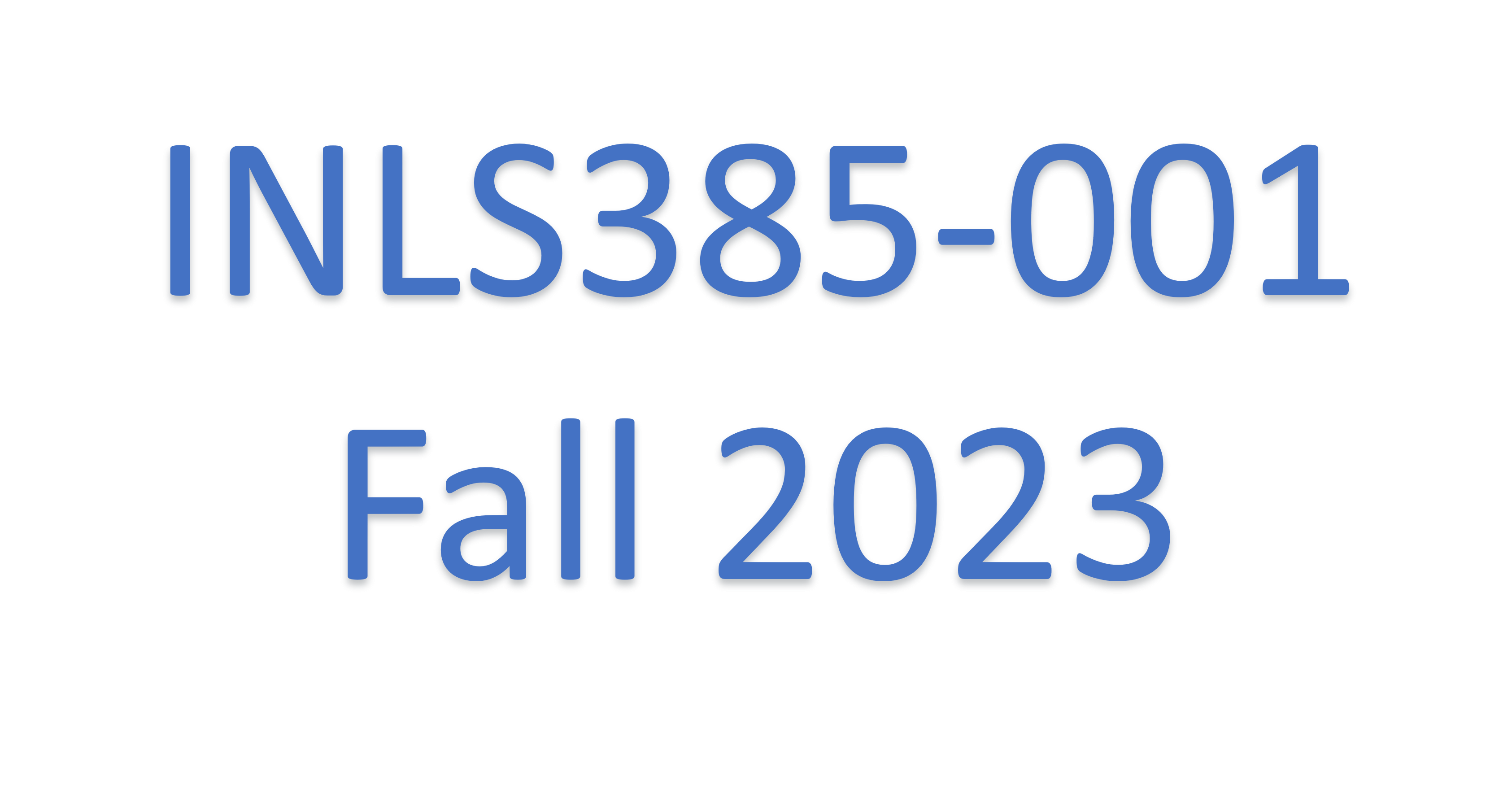Session 03
THE NATURE OF KNOWLEDGE
How do we differentiate knowledge from information, and is it important that we do?
Learn something about knowledge that you might not know about
followed by
and
and
and

and
These videos grew out of Scott Huler's On the Grid: A Plot of Land, an Average Neighborhood, and the Systems That Make Our World Work. New York, NY: Rodale, 2011
THEN GO A BIT DEEPER INTO THE CONCEPT OF SPECIALIZED AND GENERALIZED KNOWLEDGE

Sure, it's typical for people to overestimate their abilities. One study found that 80 per cent of drivers rate themselves as above average – a statistical impossibility. And similar trends have been found when people rate their relative popularity and cognitive abilities. The problem is that when people are incompetent, not only do they reach wrong conclusions and make unfortunate choices but, also, they are robbed of the ability to realise their mistakes. In a semester-long study of college students, good students could better predict their performance on future exams given feedback about their scores and relative percentile. However, the poorest performers showed no recognition, despite clear and repeated feedback that they were doing badly. Instead of being confused, perplexed or thoughtful about their erroneous ways, incompetent people insist that their ways are correct. As Charles Darwin wrote in The Descent of Man (1871): ‘Ignorance more frequently begets confidence than does knowledge.'
What know-it-alls don't know, or the illusion of competence by Kate Fehlhaber, Aeon Magazine, 17 May 2017
You don't have to read these unless you wish to, but we might touch upon them in conversation

... how people with low levels of skill in an activity tend to overrate their competence. One explanation for this is “hypocognition,” that people don't know what they don't know.
We all exhibit this tendency. ... you just feel that you “get it” and experience a surge of intellectual power. But when you yourself have to explain something ... you realize that you have barely skimmed the surface.
The overconfidence of people laboring under the illusion of explanatory depth can lead to the spread of misinformation ... when a person's confidence is highest though their actual knowledge is low, they become very believable to others—despite not being reliable. And the more inaccurate people are—or perhaps the more they want to believe the validity of their perception—the more they tend to be swayed by their own underinformed overconfidence.
- Google Isn't Grad School by Arthur C. Brooks, The Atlantic, 06 July 2023
What really sets human beings apart is not our individual mental capacity. The secret to our success is our ability to jointly pursue complex goals by dividing cognitive labor ... Each of us knows only a little bit, but together we can achieve remarkable feats. Knowledge isn't in my head or in your head. It's shared.
- Why We Believe Obvious Untruths by By Philip Fernbach and Steven Sloman in The New York Times, 03 March 2017
When someone states their thoughts with high confidence, we assume they know what they are talking about and we are inclined to believe them. Often enough, we are correct: there are various indications in the way they talk that reflect their knowledge. However, it's relatively easy to express certainty in language without having any sort of expertise to back it up.
- Thora Tenbrink, 5 ways to tell if someone is a real expert (or just really good at BS), Fast Company, 07 Sep 2022.
An organization processes information in order to reduce uncertainty and to resolve equivocality in the informational inputs. Its information processing requirements are determined by the task technology, environment, and organizational structure. Information is acquired and processed by the individual members. In acquiring information they exercise their own preferences as well as the biases that are formed as a result of their belonging in the organization. They selectively process information within the bounds of their cognitive limitations.
-
Section 2: Towards an information model of organizations
in Choo, Chun Wei. 1991. Towards an Information Model of Organizations. The Canadian Journal of Information Science 16 (3):32-62.
THINGS WE'LL TALK ABOUT
- how do we define knowledge
- how do we decide what qualifies as knowledge
- how do we use and interact with knowledge within an organization

SOMETHING TO TAKE AWAY
Stand Up
Hindi Zahra and a comment about her in Last.fm, as well as something about the Dakhla Music Festival.
Hindi Zahra is sounding like the musical child of Django Rheinhardt and Billie Holiday, the Paris-based Hindi is a captivating musician. Her song "Beautiful Tango" is a revelation - simple yet sophisticated, sparse yet emotive. It's fresh even while it reverberates with history. This style continues in "Oursoul" and "Try." A touch of hip-hop and soul influence, retaining the simple, downbeat understatement of her other songs while adding an almost ethereal quality.
Somewhere between her Moroccan roots and her life in Paris, singer-songwriter Hindi Zahra lost track of her many musical influences: the result is a mesmerizing elemental folk, a desert blues with african/american music.
Last Updated on
|
Copyright © R.E. Bergquist 2014- |
Powered by w3.css
